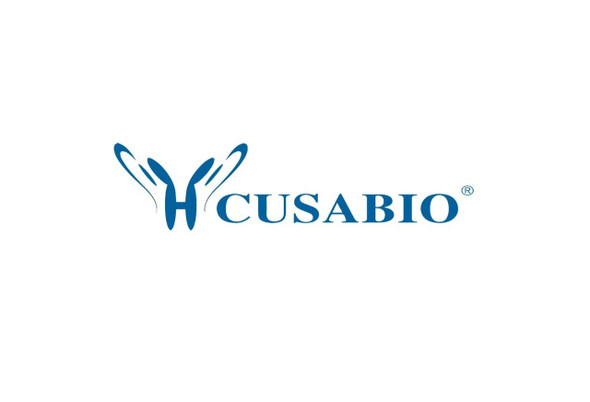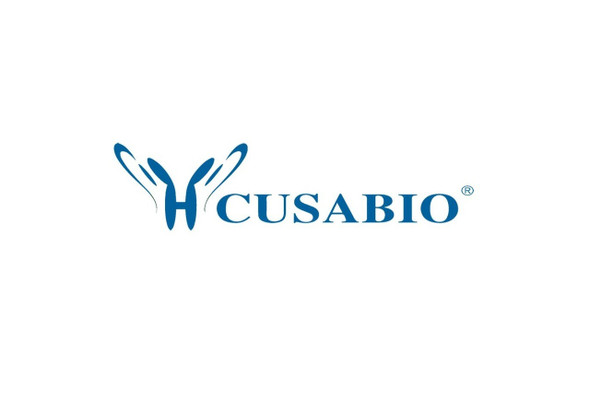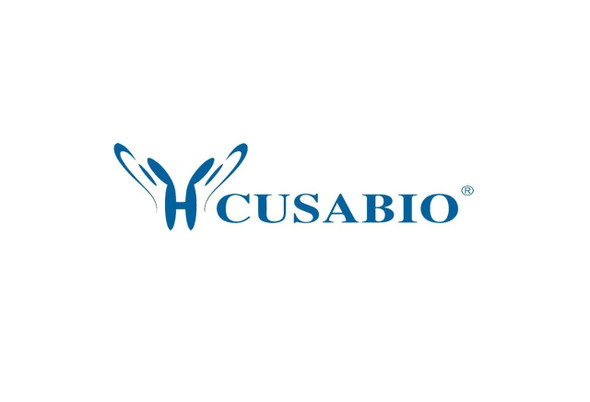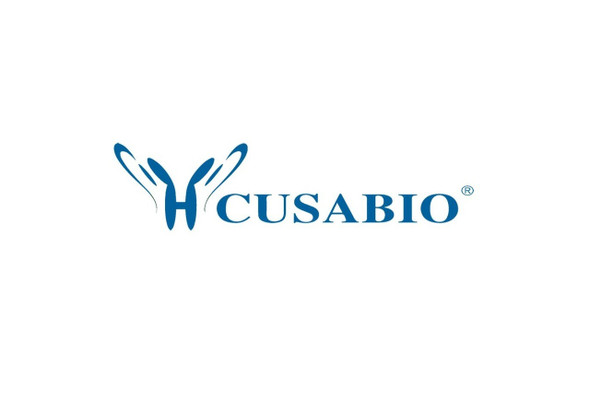Cusabio Polyclonal Antibodies
USP17L6P Antibody | CSB-PA757690LA01HU
- SKU:
- CSB-PA757690LA01HU
- Availability:
- 3 to 7 Working Days
Description
USP17L6P Antibody | CSB-PA757690LA01HU | Cusabio
USP17L6P Antibody is Available at Gentaur Genprice with the fastest delivery.
Online Order Payment is possible or send quotation to info@gentaur.com.
Product Type: Polyclonal Antibody
Target Names: USP17L6P
Aliases: Ubiquitin carboxyl-terminal hydrolase 17-like protein 6 (EC 3.4.19.12) (Deubiquitinating enzyme 17-like protein 6) (Ubiquitin thioesterase 17-like protein 6) (Ubiquitin-specific-processing protease 17-like protein 6), USP17L6P, USP17C USP17D USP17N
Background: Deubiquitinating enzyme that removes conjugated ubiquitin from specific proteins to regulate different cellular processes that may include cell proliferation, progression through the cell cycle, cell migration, and the cellular response to viral infection. Seems to be non-functional in the regulation of apoptosis.
Isotype: IgG
Conjugate: Non-conjugated
Clonality: Polyclonal
Uniport ID: Q6QN14
Host Species: Rabbit
Species Reactivity: Human
Immunogen: Recombinant Human Ubiquitin carboxyl-terminal hydrolase 17-like protein 6 protein (136-398AA)
Immunogen Species: Homo sapiens (Human)
Applications: ELISA, WB
Tested Applications: ELISA, WB; Recommended dilution: WB:1:1000-1:5000
Purification Method: >95%, Protein G purified
Dilution Ratio1: ELISA:1:2000-1:10000
Dilution Ratio2: WB:1:1000-1:5000
Dilution Ratio3:
Dilution Ratio4:
Dilution Ratio5:
Dilution Ratio6:
Buffer: Preservative: 0.03% Proclin 300
Constituents: 50% Glycerol, 0.01M PBS, pH 7.4
Form: Liquid
Storage: Upon receipt, store at -20°C or -80°C. Avoid repeated freeze.
Initial Research Areas: Others
Research Areas: Others









